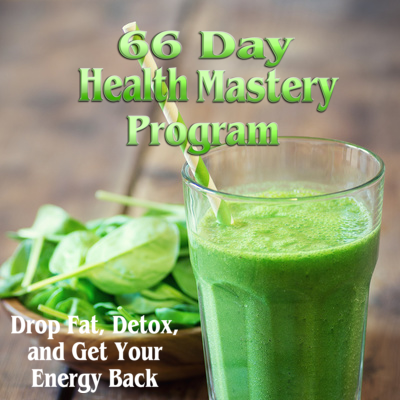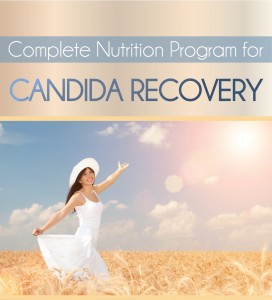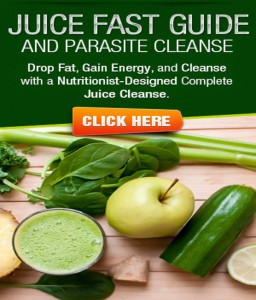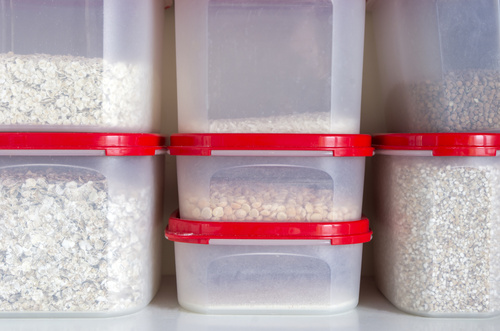There is a lot of confusion in the area of maintaining an alkaline body, and the role of foods in doing so. Our bodies have 3 built-in systems that regulate blood pH and help prevent it from going outside of the optimum 7.35 to 7.45 range:
1. A buffering system,
2. Exhalation of Carbon Dioxide, and
3. Elimination of Hydrogen Ions through your kidneys.
These systems can do the job of keeping us within range from the occasional day of acidic eating or toxic stress. However, if you spend years eating a poor diet that is acid-forming, your buffering systems become weakened to where they cannot perform their functions. So it is a cumulative effect. Just like in any other part of the body.
While some have posited that “food can’t affect your pH” because your body is capable of regulating pH, that would be akin to saying, “food can’t affect your arteries, because they are fully capable of sending blood to the heart”, which we know is not true.
Over time, everything you eat will either positively or negatively affect your arteries. And we know that those who eat high fat diets run the highest risk of coronary artery disease. Similarly saying “we don’t need to detox because our liver is designed to detox our body.” Well, yes it is! However, we all know that people who regularly consume alcohol, over time, suffer from damaged or dead liver tissue, and often cirrhosis. The liver stops being able to do its job. This occurs everywhere in the body.
Our bodies are amazing, and do everything they can, to keep us alive and to keep the human species to continue on.
In terms of diet, you are not looking to only eat 100% alkaline foods all day every day. Some acid forming foods like nuts, seeds and beans, are extremely healthy and an important part of the diet. Acid forming foods should comprise somewhere in the neighborhood of 20% of your daily intake. When I plan the meals for my programs, I take into account macronutrient balance (proteins carbs and fats), micronutrient intake (essential vitamins and minerals) and alkaline acid balance.
If you eat a piece of chicken one week, you will not be in trouble. If your diet includes animal meat every week, eventually, you will find yourself in a health-compromised situation. If you drink a cup of coffee in the morning, it’s not the end of the world. Drink 3-4 cups a day for years on end, you will again find yourself in a compromised situation.
Another misunderstood area is how do we know which foods help alkalinity and which promote acidity? As far as foods and drinks that you consume, it is the END PRODUCTS of digestion and the assimilation of nutrients that result in either an acid or alkaline-forming effect – also referred to as acid ash or alkaline ash, not the pH of the food itself. So, while a lemon is an acidic substance in and of itself, it produces an alkaline forming effect in your body.
Have you ever heard that eating meat leeches calcium from your bones? Here’s how that happens. One of the buffer systems used to regulate blood pH, the phosphate buffer system, uses phosphate ions in your body to neutralize strong acids and bases. 85% of those phosphate ions used comes from calcium phosphate salts, which are the structural components of bones and teeth. So when your body fluids are regularly exposed to acid-forming foods and liquids, your body is forced to draw from the calcium phosphate reserves in order to neutralize the acid-forming effects of your diet. Over time, this can lead to weak bones and teeth. It also increases the amount of calcium that is eliminated through urine, which is why acid-forming animal protein-heavy diets increase the risk of developing kidney stones.
Ultimately, maintaining an alkaline creating diet is one of the most important steps we can take to avoid disease, and the best way to do so is to feed your body oxygen rich, alkaline-promoting foods as often as possible.

